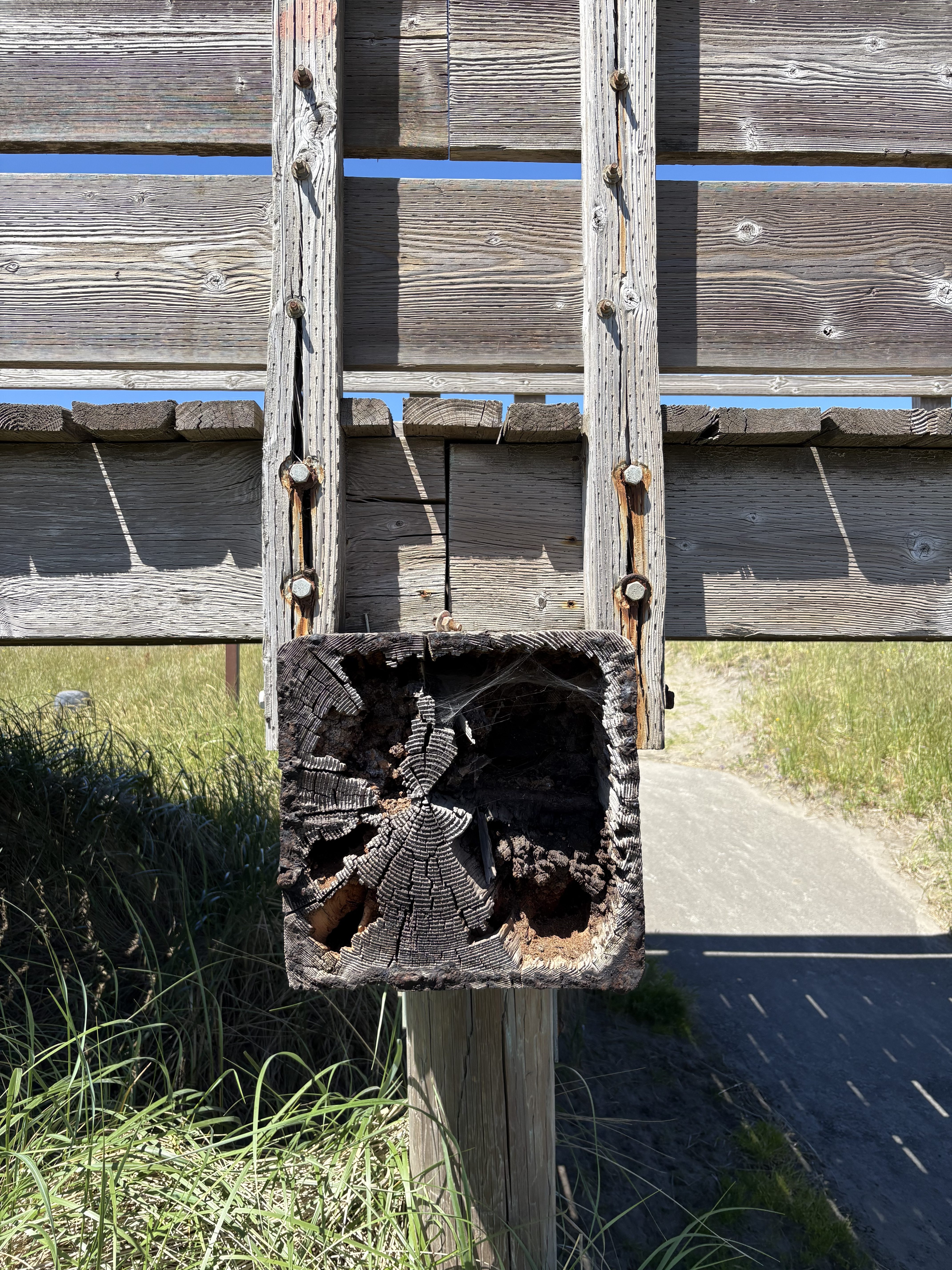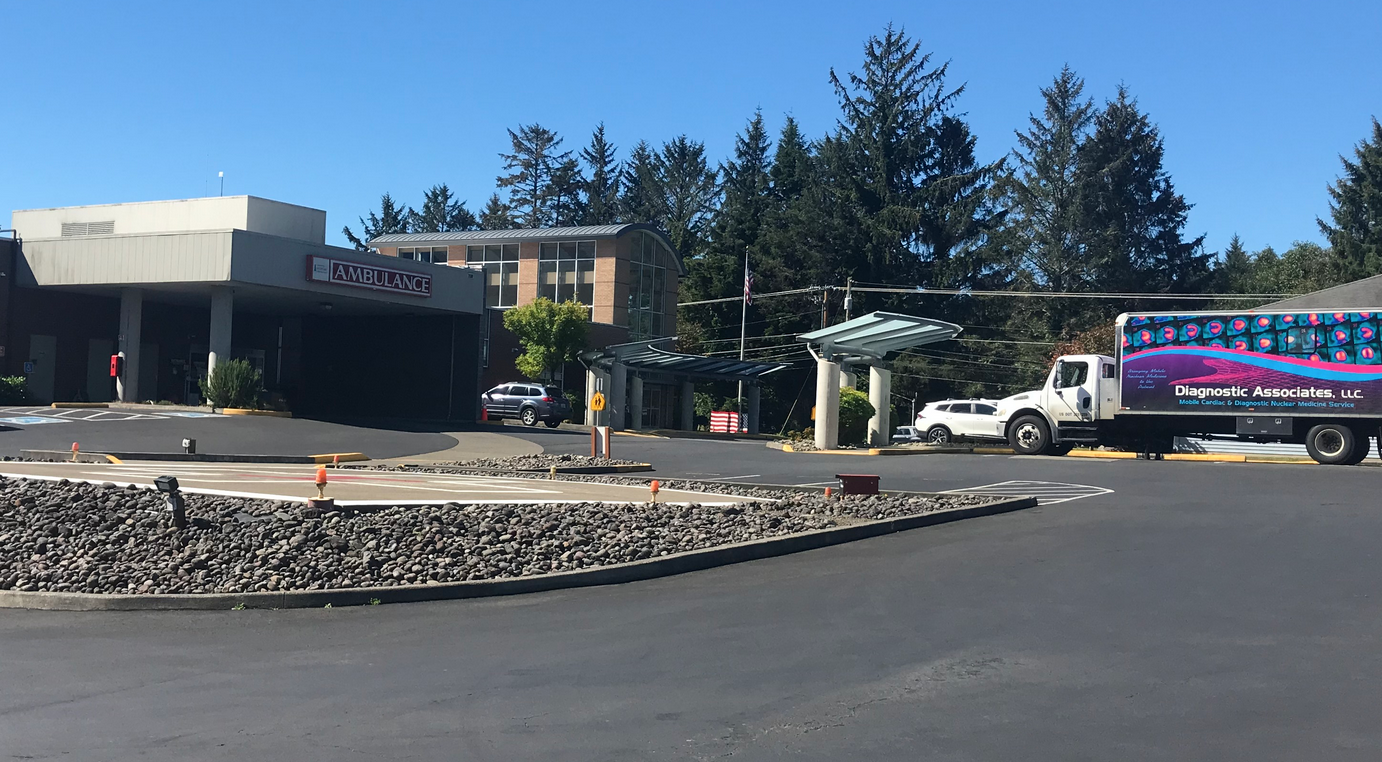Cape D boats, housing, tsunami tower in new Cantwell plan
Published 10:01 am Friday, February 21, 2025

- Sen. Maria Cantwell toured Station Cape Disappointment facilities in 2022 with Coast Guard Commandant Linda Fagan.
ILWACO — In legislation with initial bipartisan support, U.S. Sen. Maria Cantwell (D-WA) is advocating major steps at U.S. Coast Guard Station Cape Disappointment.
The Coast Guard Authorization Act of 2025 reauthorizes $30.45 billion for the U.S. Coast Guard for Fiscal Years 2025 and 2026.
Coast Guard housing
The bill, if passed in Congress and implemented by the president, allows the Coast Guard to acquire housing both on the open market and in new construction programs. Cantwell raised the issue with former Coast Guard Commandant Adm. Linda Fagan when they visited Cape Disappointment in September 2022.
“This is particularly important in coastal areas — like Cape Disappointment, Grays Harbor and Port Angeles — where Coast Guard families face a difficult time accessing affordable, quality housing due to competition with seasonal rentals and other challenges associated with remote units,” Cantwell’s office said in a written statement.
Finding and affording rental housing is a challenge for members of the Coast Guard, same as it is for members of the general public. Some Coast Guardsmen live at the station, while others look for rental apartments, houses and condos — often with roommates. But some landlords are reluctant to rent to young people, while rent and damage deposits strain budgets. Newly enlisted guardsmen make about $1,300 a month, while those with more experience average around $17 an hour.
Pacific County apartments rented for an average of $846 in the fourth quarter of 2024, based on an average of 916 square feet, according to the University of Washington Center for Real Estate Research. The vacancy rate was 3.5% at the time of UW’s survey, or five apartments out 152 total.
Long-term leases for medical facilities, child development centers and expanded access to training facilities for Coast Guard families are also included in the legislation.
Heavy weather lifeboats
The legislation increases funding by 30% compared to 2024 appropriations to help the Coast Guard deliver on priorities such as 52-foot heavy-weather lifeboats (tinyurl.com/New-USCG-vessels), polar icebreakers and other acquisition programs.
Cantwell’s office said “the future fleet of heavy-weather lifeboats will be homeported [at Cape Disappointment] to support search and rescue missions, which is critical to safety of people working in the fishing and maritime sector in Pacific and Grays Harbor counties.”
In 2023, Cantwell secured a downpayment of $12 million to replace the heavy-weather boats in the 2023 Appropriations Act.
Tsunami preparation
Cape Disappointment and other stations on the Northwest coast are at severe risk following a Cascadia Subduction Zone earthquake and tsunami. In the aftermath of such a disaster, the Coast Guard would be vital first responders to come to the aid of civilians. However, as it currently stands, Coast Guard personnel would first need to scramble to higher ground to try to save their own lives.
The new legislation requires development of tsunami evacuation and preparedness plans for Coast Guard units in tsunami zones, including across the West Coast and Pacific Northwest. It also requires the Coast Guard to consider vertical evacuation structures as a lifesaving option for Coast Guard members.
Other measures
“This legislation prioritizes the Coast Guard’s most important asset — the men and women of the Coast Guard, and their families,” Cantwell said. “The bill drives much needed reforms that will help prevent sexual assault and sexual harassment throughout the Coast Guard, including establishing confidential reporting, strengthening protective orders, expanding access to care for victims, and stronger accountability for leadership. Admiral Fagan made great progress during her term, and the next Commandant will need to continue to be a steady force that stands up for service members.
“The bill also establishes a new Vice Admiral dedicated to improving recruitment, health care and child care for members. The bill also increases funding for core Coast Guard missions such as shipbuilding and cracking down on illegal fishing and drug smuggling.”
The bill continues to authorize the use of a satellite tracking system to mark fishing gear locations, which ensures gear is not lost and avoids potential damage by derelict gear. It also supports fishing vessels engaging in temporary towing operations as part of salmon hatchery development in Alaska. The bill creates new training and credentialing opportunities for qualified mariners, veterans, and the general public seeking to become mariners. It also expedites processing times for merchant mariner licensing documents to help close this critical workforce gap.
It aims to improve oversight of derelict and abandoned vessels by requiring the Coast Guard to develop and maintain an inventory list of these vessels to improve tracking, management and coordination between federal, state, tribal and other relevant entities. It authorizes a new federal penalty of $500 a day for abandoning vessels.
Abandoned and derelict vessels pose unique and costly threats to coastal communities and ecosystems by leaking pollutants and imperiling marine traffic. According to the Washington Department of Natural Resources, DNR removed 319 derelict and abandoned boats from Washington state waterways 2021-2023. These included the sunken Antarctic research vessel Hero at Bay Center in Willapa Bay.








